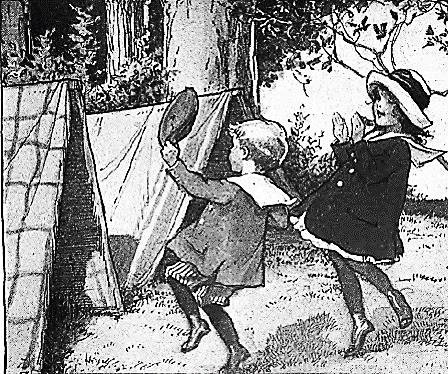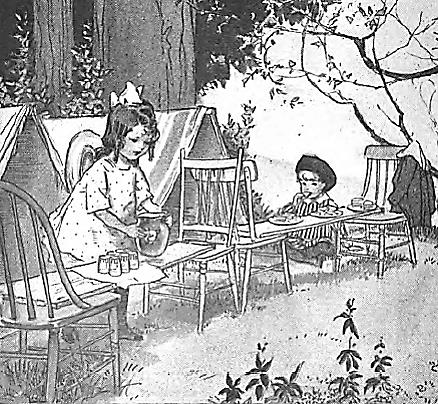 Peter and Polly Series
Peter and Polly
Peter and Polly Series
Peter and Polly



 Peter and Polly Series
Peter and Polly
Peter and Polly Series
Peter and Polly

Study the lesson for one week.
Over the week:
In the story, Peter and Polly sell lemonade. Lemonade is made from citrus fruits called lemons.
Facts about fruits:
Activity 1: Narrate the Story
Activity 2: Examine and Sketch a Fruit and its Seeds
Objective:
Examine a piece of fruit. Sketch the outside and inside of the fruit, including the seeds.
Materials:
A piece of fruit, such as an apple, orange, or banana. Crayons or markers and paper.
Procedure:
